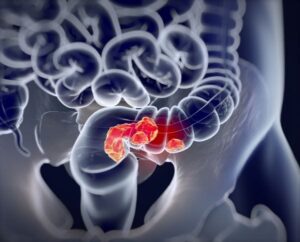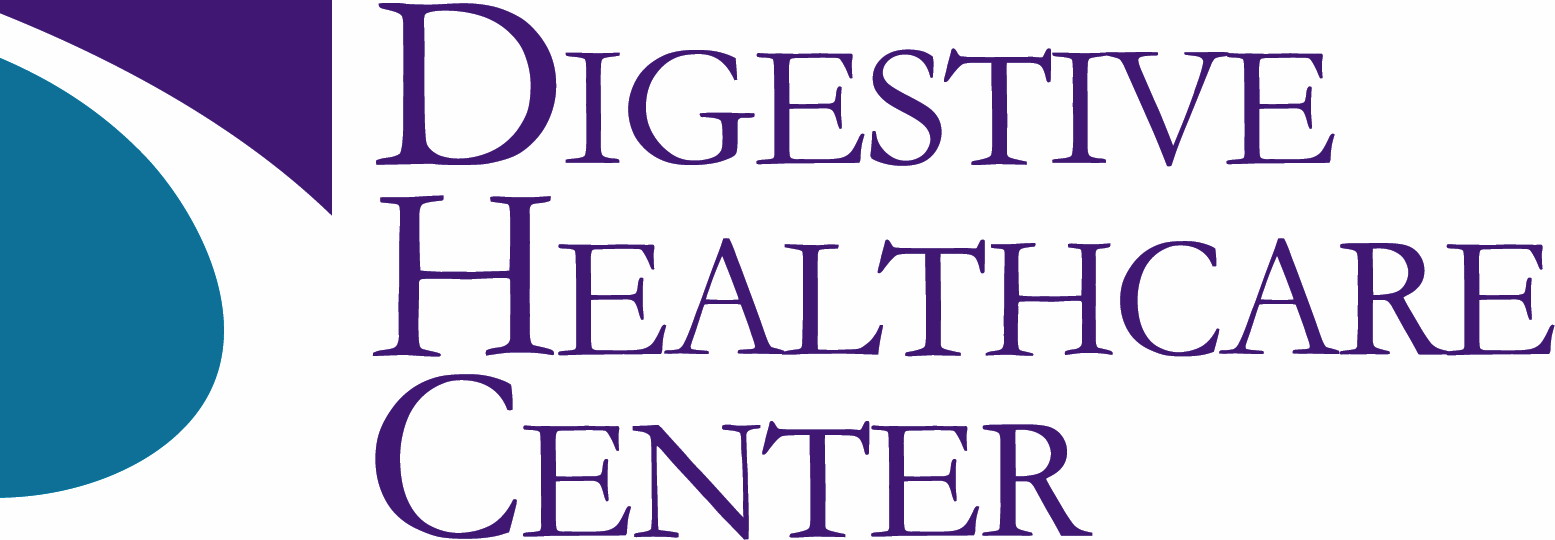Blog
What are the Signs of Colon Cancer?
 Colorectal cancers are what colon cancer and rectal cancer are typically referred to when discussed together. Cancer of the colon is located specifically in the large intestine, and cancer of the rectum occurs in the last several inches of the colon. Generally, colon cancer is the result of benign polyps that become cancerous over time. Regular screenings are recommended as a preventative measure against colon cancer, but there are also some signs and symptoms to look out for on your own. Keep reading to learn more about the signs, symptoms, and how to prevent colon cancer.
Colorectal cancers are what colon cancer and rectal cancer are typically referred to when discussed together. Cancer of the colon is located specifically in the large intestine, and cancer of the rectum occurs in the last several inches of the colon. Generally, colon cancer is the result of benign polyps that become cancerous over time. Regular screenings are recommended as a preventative measure against colon cancer, but there are also some signs and symptoms to look out for on your own. Keep reading to learn more about the signs, symptoms, and how to prevent colon cancer.
Signs and Symptoms of Colon Cancer
Some signs and symptoms of colon cancer include a persistent change in bowel habits, including diarrhea or constipation, rectal bleeding, blood in your stool, weakness or fatigue, and unexplained weight loss among others. By looking out for these signs and also communicating with your doctor, you can help your physician help you stay safe and healthy. Another aspect to note is the lifestyle you may live and your genetic makeup. Family history is a big factor in preventive care, so being aware of family history can decrease the risk of future disease. It is also important to note that some people can have colon cancer and have no signs at all, and that is why it is so important to get timely screenings.
Causes of Colon Cancer
Colon cancer is generally the result of benign polyps that become cancerous over time, which can happen for a number of reasons. Some have to do with lifestyle, a sedentary lifestyle or lack of activity can increase a person’s risk for developing this cancer. Excessive alcohol intake can put a person at risk, as well as poor diet and obesity. To counteract these lifestyle influencers, speak with your doctor about ways to get exercise and eat healthier. There are other factors that may be out of people’s hands, such as age. Most patients diagnosed with colorectal cancer are 50 years of age and older. Others include both personal and family history of colorectal cancers and polyps, both of which can increase a person’s risk level.
How to Prevent Colon Cancer
After speaking with your doctor, they will provide recommendations for screenings that best suit your lifestyle. These screenings include colonoscopies, CT colonography, stool tests, and more. Colonoscopies are seen as the gold standard in screening for colorectal cancer. To perform it, a doctor uses a scope with a camera to check for polyps or cancer inside the rectum and colon. During the test, the doctor can find, remove, and take biopsies of any polyps that may be present. The American Cancer Society now recommends screening at age 45 and then every 10 years, unless instructed otherwise. Before the test, the colon must be completely clean for the procedure to be accurate and complete. In general, preparation consists of either consumption of a special cleansing drink solution or several days of clear liquids, laxatives, and enemas prior to the examination. Another way doctors can screen for colon abnormalities is a Computed Tomography (CT) colonography – also referred to as a virtual colonoscopy. It uses computers to produce images that doctors can then view and analyze. Lastly, aside from a regular colonoscopy to detect cancers, your doctor may recommend stool tests to see if anything abnormalities are in the stool. This test checks the chemical guaiac to detect blood in the stool. Patients receive a kit from their doctor that they then return to be checked. Guaiac-based fecal occult blood tests are also easy ways of checking to monitor a healthy digestive tract in general.
Colon Cancer Specialists in New Jersey
If you are over the age of 45 or are feeling any abnormal digestive symptoms, it’s important to speak to a digestive health expert. At Digestive Healthcare Center, patients come first and we will help you address any health concerns you are having. At Digestive Health Care Center in Hillsborough, Somerville, and Warren, NJ we take pride in your health and comfort. With seven experienced physicians, you will be under top care. If you would like to learn more about our cancer colon screenings and services, contact us today and we’ll be happy to answer any questions you may have.
Make an Appointment for Comprehensive Digestive Care in NJ
At Digestive Healthcare Center, we want each patient at our three offices in New Jersey to feel confident about their digestive health. We encourage you to contact us today to make an appointment with one of our expert gastroenterologists – don’t wait to start putting your digestive health first!
Recent Blogs
Learn more about all things digestive health and wellness by checking out our recent gastroenterology blogs.

Walk in Solidarity and Support Breast Cancer
Blog On October 21st the DHC team and family members had a wonderful time walking in solidarity and support of Breast Cancer in honor of

The Do’s and Don’ts of Eating This Holiday Season
Blog The holiday season is officially upon us, complete with holiday food and cheer. While this time is well renowned for being “the most wonderful
Tame Your Flame: Our Summer Guide to Digestive-Friendly Eating
Blog With summer officially upon us, barbecue season is in full swing. That means blue skies, sunshine and making merry memories. Whether you’re invited to
